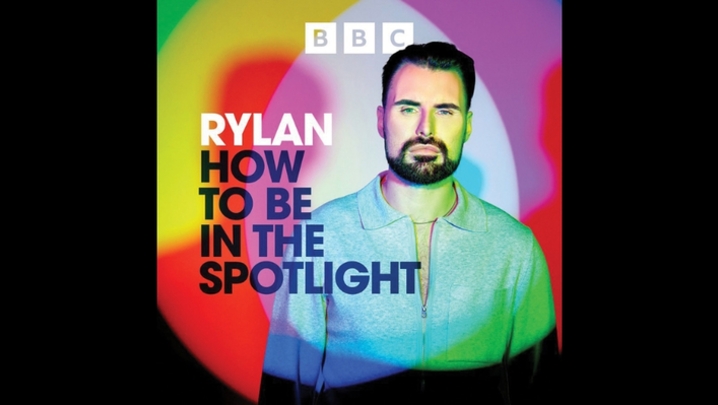‘I’ve never had so many people say they’ve bingelistened to something I’ve made before.” So tweeted journalist Jamie Bartlett last month.
Having proved his eye for a serial podcast-worthy story with the 2019 hit The Missing Cryptoqueen, Bartlett is back with another gripping tale of internet deception for BBC Sounds.
The name reads like a taunt now but, until it was closed for mismanagement in 2020, Believe in Magic was a charity granting wishes to seriously ill children. Among those whose imagination it captured was One Direction, one of the most successful boy bands ever.
And who can blame them? It was launched by the ostensibly inspirational Megan Bhari, a 16-year-old girl who was herself extremely unwell.
Or was she? The first of seven parts, which introduces us to Bhari via excerpts from old interviews in which she comes across as warm, sincere, and quietly excited, ends with her turning cold and calculated as she quietly threatens an internet sleuth who is beginning to ask some uncomfortable questions.
It is here, teetering on the first of the huge cliffhangers that bookend each episode, that I became hooked.
Megan’s is a tangled and thorny story, complicated by a combination of illnesses – real, fake and induced – and a mountain of medical evidence. But Bartlett lays it all out clearly, objectively and compellingly.
Even those familiar with the mysterious Munchausen syndrome will be fascinated by this unique case. At one point, Bartlett consults Dr Marc Feldman, an expert on the syndrome, who reckons Megan is one of those growing number of people who fake conditions to meet celebrities.
I would wager that it is a natural consequence of a culture that worships celebrity above all else.



